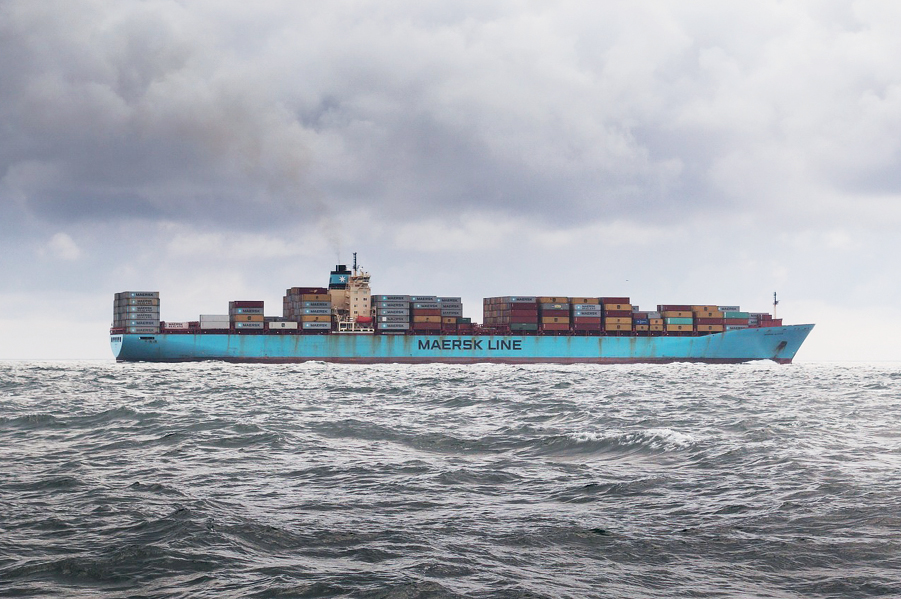Private labels in Poland are also a stable and relatively inexpensive channel for the implementation of innovations, especially for smaller producers. Owners of private labels, trying to reach a wealthier and more demanding consumer, look for innovative and interesting products, eagerly utilizing ready solutions in this regard, offered by suppliers, or cooperating with them to elaborate unique solutions or optimize production costs.
Trade chains are also highly interested in niche segments (“free from food”, functional food/superfoods, bio/organic, ready to eat food, etc.) creating an opportunity to enter mass distribution for smaller and local producers. Thanks to the scale of activity, they also promote new product categories among consumers in Poland, influencing their nutrition habits, and the beneficiaries of this “educational” activity are both sides: both private labels and suppliers with their own brands.
Having spent 12 years observing the direction of development of private labels in Poland, growing appetites of trade chains for the creation of strong brands, and the resulting supplier activities, I believe that the development of private labels has one more positive aspect which may be hard to notice in the everyday struggle for survival on the market. An expansion of private labels towards higher quality (of both product and consumer communication) causes Polish producers to wake up from a lethargy and learn to act flexibly and effectively. After this, it is just a short step to creating strong Polish brands, not just successful in the competition against private labels but showing a potential to appear on international markets.












